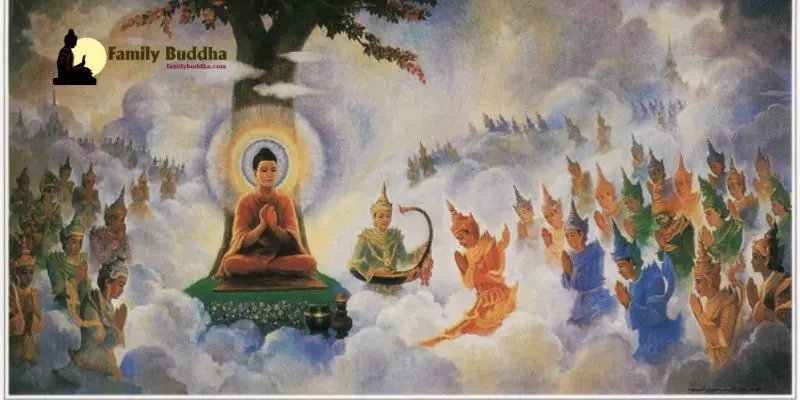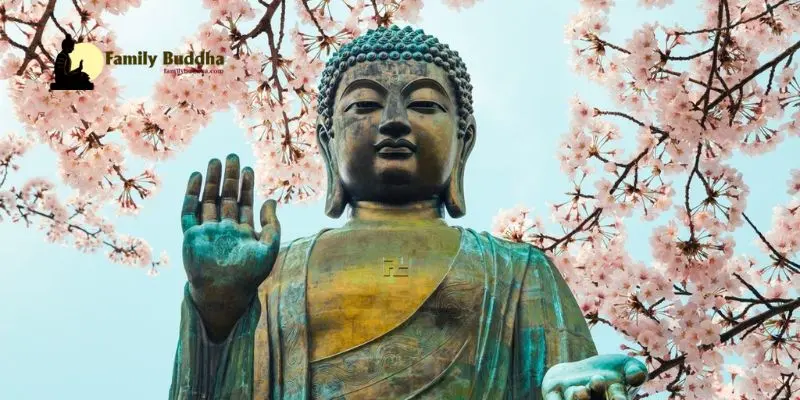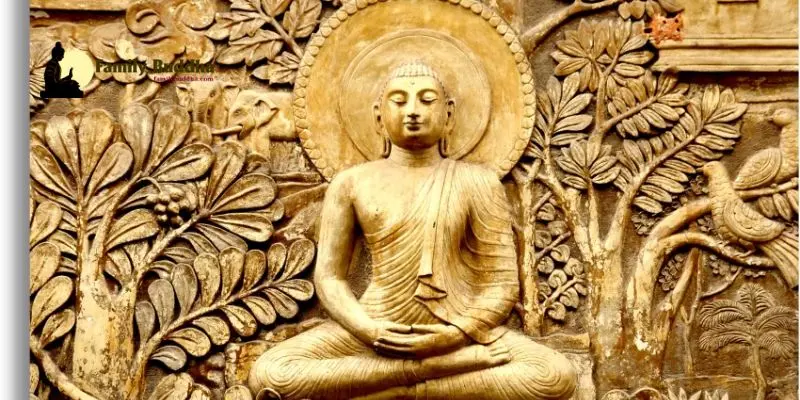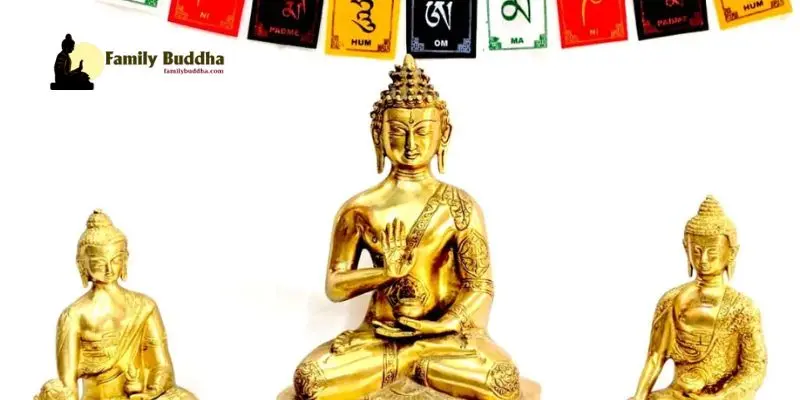Does Buddha believe in heaven? The Buddhist interpretation of heaven and hell diverges significantly from other religious beliefs, particularly in its rejection of their eternal nature. Contrary to the notion of condemning individuals to everlasting damnation for human frailties, Buddhism advocates for continuous opportunities for self-development. At Familybuddha , let’s discover the concept of heaven and hell in Buddha in this article.
The Conceptualization of Heaven and Hell Within Buddhism

Within Buddhism, the conceptualization of heaven and hell extends beyond the confines of an afterlife to encompass experiences within the present world. Rejecting the notion of predefined places governed by a divine entity, Buddhism emphasizes the subjective nature of suffering and pleasure.
The Buddha’s teachings elucidate that the intensity of suffering, whether physical or mental, determines the designation of a place as hell. Conversely, environments characterized by greater happiness are likened to the heavens. This nuanced understanding reflects Buddhism’s pragmatic approach to existential realities.
Does Buddha believe in heaven?

The Dynamics of Karma and Rebirth

Central to Buddhist cosmology is the interplay between karma, rebirth, and the cyclical nature of existence. The trajectory of an individual’s future existence is contingent upon the culmination of their actions, encapsulated in the last thought-moment before death. Meritorious deeds engender favorable rebirths, while negative actions result in states of suffering.
However, these states are transient, subject to the inexorable cycle of karmic energy. Liberation from this cycle is attainable through the cultivation of the Right View and adherence to the Noble Path, leading to the ultimate bliss of Nibbana.
Dispelling Misconceptions: Heaven and Hell as Transient Realms
Contrary to popular misconceptions, heaven and hell within Buddhism are not everlasting abodes governed by a divine arbitrator. Rather, they represent transient states conditioned by individual actions. The absence of a deity underscores the emphasis on personal responsibility and the cultivation of virtuous qualities.
Unlike proselytizing through fear or promises of eternal reward, Buddhism prioritizes character development and mental refinement as the cornerstones of spiritual practice. Thus, adherents are encouraged to engage in the path of enlightenment without fixation on heavenly rewards or fear of infernal punishments.
Conclusion
In conclusion, while Buddhism acknowledges the existence of heavenly and hellish realms, its interpretation diverges significantly from conventional notions. Rather than eternal destinations governed by divine authority, these realms are understood as transient states shaped by individual actions and mental states. The Buddha’s teachings emphasize personal responsibility, highlighting the importance of cultivating virtuous qualities and transcending the cycle of suffering through enlightenment.
Therefore, while Buddhism recognizes the existence of heaven, it reframes the discourse, emphasizing the impermanence of all phenomena and the transformative power of ethical conduct and spiritual practice. Ultimately, the question “Does Buddha believe in heaven?” becomes less about belief in a static realm and more about understanding the dynamic interplay of karma, rebirth, and liberation within the Buddhist framework.










